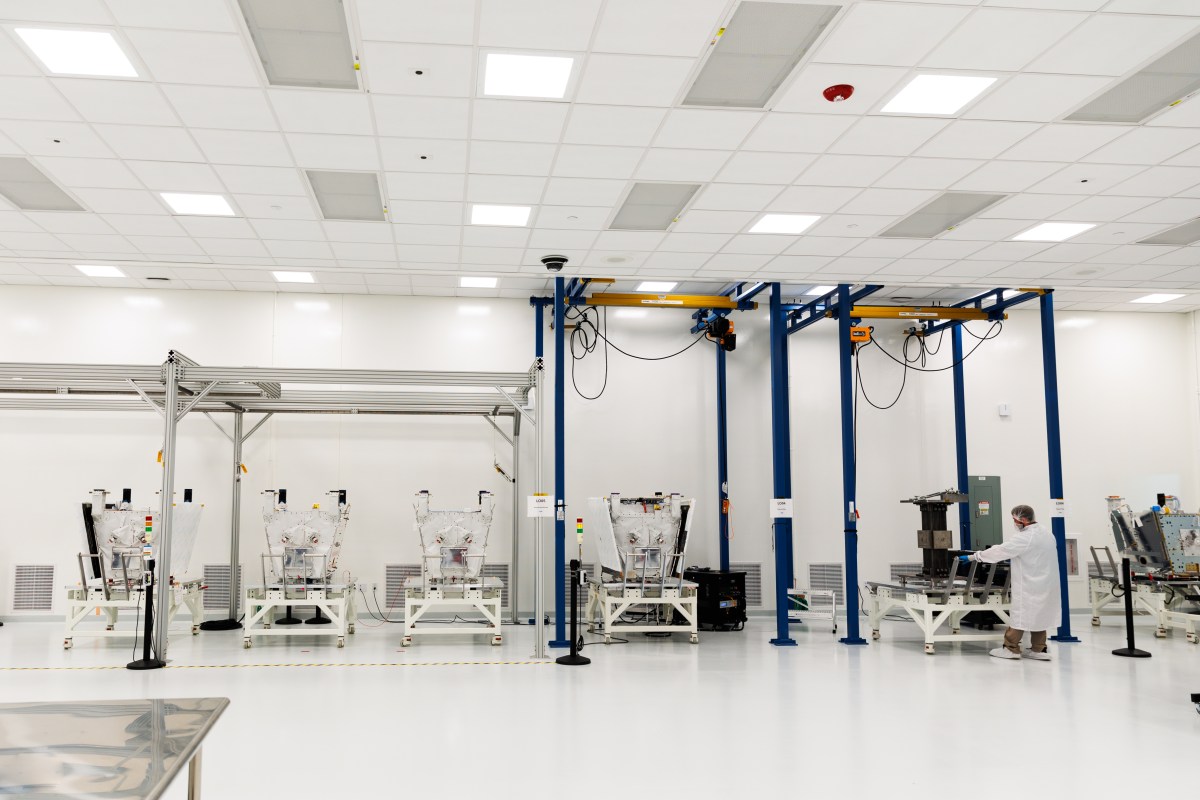A holding company affiliated with an Emirati royal family is injecting a new joint venture between Abu Dhabi-based Marlan Space and startup Loft Orbital with over $100 million to grow the region’s domestic satellite manufacturing capabilities.
The joint venture, called Orbitworks, will be the first commercial firm in the United Arab Emirates to mass manufacture satellites. Majority ownership is with Marlan Space, a new space company affiliated with the International Holding Company. IHC is itself majority controlled by the Royal Group, a conglomerate owned by the ruling royal family of Abu Dhabi.
The UAE has high ambitions for space — and deep pockets to fund them. The UAE Space Agency (UAESA) is less than a decade old, but the government has spent billions investing in homegrown capabilities and establishing partnerships with other countries and commercial players. The UAE sent its first astronaut (or privately funded “spaceflight participant” as NASA put it) to the ISS in 2019; two years later, it became the latest member of a very small group of nations to put a probe into Martian orbit.
The Gulf nation’s space ecosystem has a few key players beyond the UAESA: Space42, a merger of Emirati satellite firm Yahsat and data analytics company Bayanat; EDGE Group, a large industrial prime; and a handful of universities and research institutions like the National Space and Science Technology Center. The country is at the point where it wants to deploy satellite constellations, and bring satellite manufacturing capabilities in-house.
Loft Orbital CEO Pierre-Damien Vaujour said in a recent interview that he’s long had an interest in the UAE’s space ecosystem: “Even when we started Loft, I had in mind at the very beginning that I wanted to open activities in the UAE and contribute to the ecosystem over there.”
San Francisco-based Loft buys satellite buses in bulk and flies payloads for customers, using a standardized modular payload adaptor that integrates the customer’s hardware with the spacecraft. Loft handles all of the launch integration and operates the spacecraft once it achieves orbit. The startup can also perform “virtual missions,” where customers can deploy applications on orbit that leverage onboard sensors, compute and cameras.
Vaujour said Loft’s flexible hardware will enable the JV to work with a wide variety of emerging players in the Middle East’s space ecosystem. “Loft can work with any payload supplier, any bus or subsystem providers, any ground station provider, any cloud provider … We’re providing the JV the playbook for production, operations and technology for satellites,” he said.
Orbitworks aims to manufacture up to fifty 500-kilogram satellites annually, and the hardware for the first ten satellites has already been procured. It will operate out of a 50,000 square-foot facility in Abu Dhabi, and the first satellite platform is expected to be assembled, integrated and tested there by early 2025.
Vaujour said the startup has set up its agreements with Marlan to ensure Loft remains compliant with U.S. regulations and export licenses. Loft’s separate entity, Loft Federal, will continue to deliver work for classified contracts for U.S. national security customers.
“This entity that has been created has a mandate to become the national champion in the country for satellite constellation production and operation, and that’s something that is fairly new,” Vaujour said. “While we’re starting with something small in scope, the idea is really to scale this at a different scale. The ambitions, both from the country, the region, and internationally for something like this is pretty big.”

